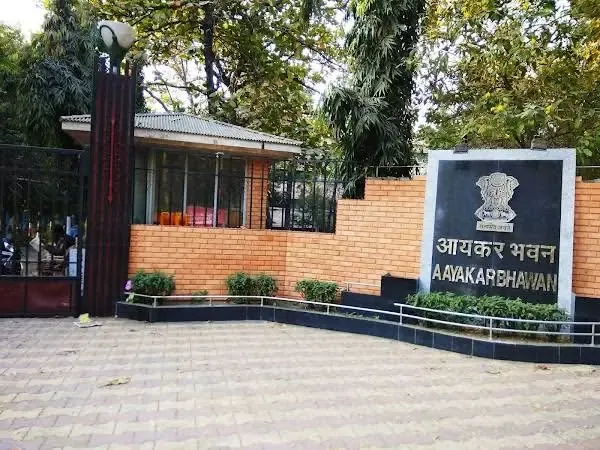Why is July 23, 2024, a Significant Date for ITR Filing?

Synopsis
Key Takeaways
- July 23, 2024 is a significant cut-off date for ITR filing.
- Taxpayers can choose between old and new tax regimes.
- The indexation benefit can reduce tax liability.
- New flat LTCG regime is set at 12.5% without indexation.
- Holding periods for LTCG have been simplified.
New Delhi, July 23 (NationPress) The date July 23, 2024 marks a pivotal moment for evaluating your tax obligations in the ongoing assessment year (AY 2025-26), and it is crucial for taxpayers to recognize this cut-off before filing their ITR.
Taxpayers who have sold properties, plots of land, or shares during the financial year 2024–25 can choose between the old regime (which includes indexation) or the new regime (which excludes indexation).
For those unfamiliar, the indexation benefit lowers a citizen's tax burden by adjusting the initial acquisition cost of a capital asset for inflation.
This implies that any asset purchased after July 23, 2024 will incur tax on its full acquisition cost. By inflating the purchase price of the property according to inflation, you can decrease your gains and consequently your tax responsibility.
Here's how the tax computations have evolved.
If you acquire property post July 23, 2024 and sell it afterwards, you are required to utilize the new flat LTCG regime set at 12.5% without indexation, alongside a ₹1.25 lakh exemption on the profits, as indicated by experts.
Conversely, if the property was obtained prior to this cut-off and later sold, you have the option to select either the old taxation scheme (20% LTCG with indexation) or the new method, based on which is more favorable.
While the rate under the old taxation scheme (20%) appears higher, taxpayers can account for inflation. However, these rates apply only if the property is sold after two years; otherwise, short-term capital gains will be included in your total income and taxed at your respective income tax slab, as noted by experts.
Since the passage of the Finance (No. 2) Bill, 2024, the holding period for determining eligibility for long-term capital gains (LTCG) has been streamlined. It is now just one year for listed securities and two years for all other capital assets. Previously, the holding period varied, with one year for equities and up to 36 months for gold, unlisted securities, and debt funds.
aaron/na










